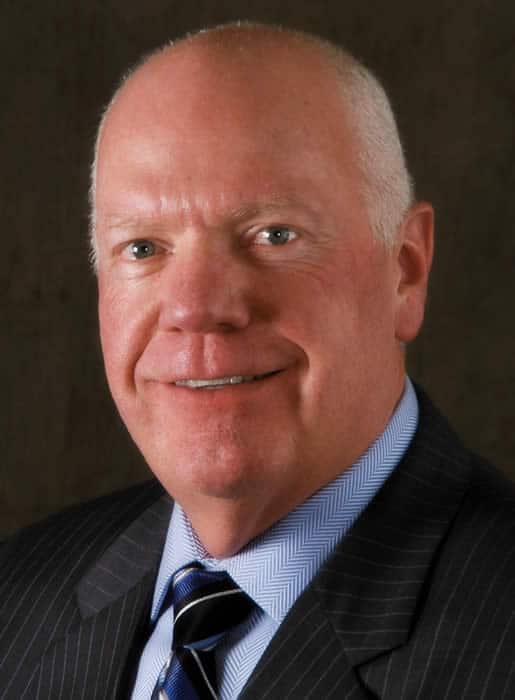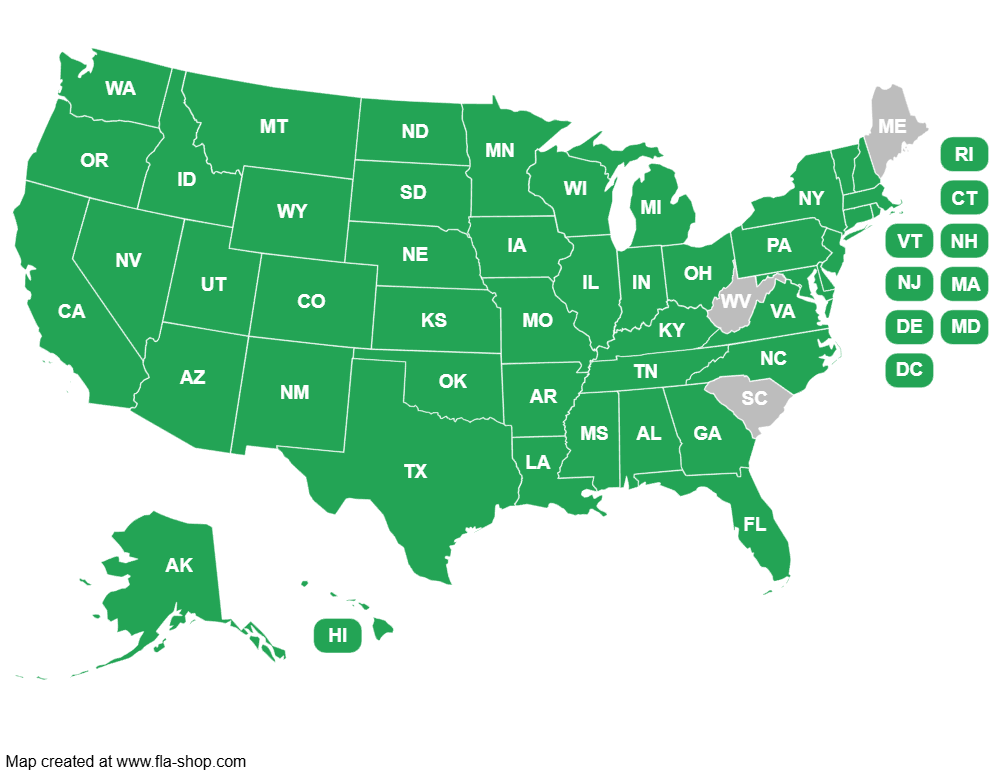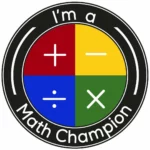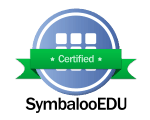Policymakers in Utah have been attracted to the Singapore math curriculum for some time. A recent article in the Deseret News focused attention on what can be learned from the success of the educational system in Singapore. Reporter Celia Baker considered:
The island nation of Singapore transformed itself from a third-world country to an economic powerhouse in less than a half-century by concentrating on its education system.
(ed. after visiting Singapore in 2007, I believe this transformation took less than a generation.)
Although the article refers to ‘tiger mothers,’ it seems evident that the quality of the country’s curriculum is foremost in developing successful students. Baker cited a 2010 New York Times article that stated:
In contrast to the most common math programs in the United States, Singapore math devotes more time to fewer topics, to ensure that children master the material through detailed instruction, questions, problem solving, and visual and hands-on aids like blocks, cards and bar charts.
So, as Baker concludes, in Singapore, “Students develop a strong foundation in math under the system and can advance rapidly later on.”
Of note, in another article, reporter Baker also considered ways that Finland was able to revitalize its education system. Baker notes:
Stanford professor Linda Darling-Hammond said, “Thirty years ago, Finland’s education system was a mess. It was quite mediocre, very inequitable. It had a lot of features our system has: very top-down testing, extensive tracking, highly variable teachers, and they managed to reboot the whole system.”
What would it take to re-boot our system?




















